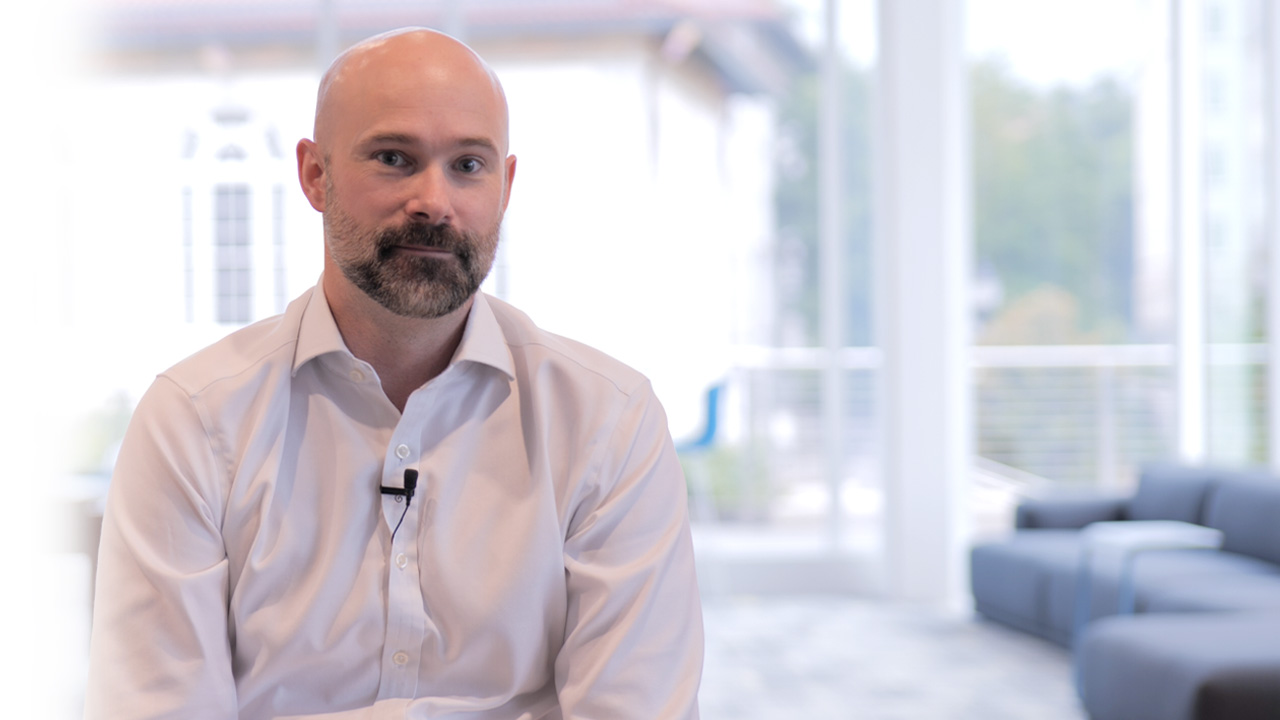College admission and the Holistic Process: The admissions process can seem complicated, unfair, and random,…
Strong Personal Statements: Show vs. tell in equal amounts

We’re sharing exceptional personal statements from last year’s applicants to illustrate that a good personal statement can be on a variety of topics, but ultimately, showcases the student’s character, curiosity, and voice. These statements, written by students now enrolled at Emory University, were selected for many reasons, and we asked our admission staff to share what made each statement stand out.
This is Part 5 of a 5-part series on application writing; read Part 1 here, Part 2 here, Part 3 here, and Part 4 here.
Describe a topic, idea, or concept you find so engaging that it makes you lose all track of time. Why does it captivate you? What or who do you turn to when you want to learn more?
The craft of storytelling, for me, is holy.
Looking back on my life, I don’t see one defining moment where I realized that my purpose is to study, compose, and teach story. It’s more like a collection of snapshots whipping by, each one yellowed with age and fingerprints. I remember reading The Empty Space by Peter Brook on theatre theory long into the night, encountering the line, “Drama was exposure, it was confrontation… it led to… an awakening of understanding.” These words were what led me to the discovery of how storytelling is an emotional confrontation between the author and the writing and between the writing and the audience. It’s collision. It’s catharsis.
Catharsis defines me as a playwright. The first play I wrote, The Rocket Man, adapted from a short story of the same name by Ray Bradbury, follows a teenage boy whose astronaut father spends much of his time in space. It’s uncanny – that’s my entire life. My own father travels from Denver to Los Angeles four days a week on business, and my family isn’t whole unless he’s with us. Drafting a scene of The Rocket Man, where the boy confronts his father before he leaves again, changed my life: Stay with me, the boy begged in the original scene I added. Please. I immediately began to cry, praying that my own father, a thousand miles away, was listening.
I learned that day that catharsis is releasing my own story within a story. When the line between my soul and the soul of my story blurs, that’s when the real work happens. The construct of The Rocket Man was like a cathedral, with my own emotion as stained glass and my memories as arches, but I realized after sharing it with my cast and crew for the first time that a cathedral is nothing without people to experience it. My 18-year-old male lead, Pierce, cried when he first read the script. So did my light designer and sound designer. What I want is to recreate this experience for an audience as a playwright with the intention of establishing the theatre as a safe place. You can grieve here. You can be seen here. You can hope here. This goal starts not just with craft, but with overwhelming love for that audience.
At its core, storytelling is service.
One of the defining challenges of my life presented itself as the opportunity to create and execute a free playwriting course for middle-school girls. When the pandemic hit, it forced me to reimagine my course for a virtual setting offered through the local school district; I realigned everything – my three-week curriculum, my downloadable course exercises, and my teaching strategies. Teaching playwriting to middle-school girls over Zoom meant listening to their struggle to make friends at school and their desire to participate in protest marches against the will of their parents. With each lesson, they experienced the transcendence of having their lives and emotions reflected through story, and they loved it. One student, Isabel, told me with ten exclamation points about how excited she was for class. She even filmed a one-woman version of a play she wrote, complete with costumes and accents. I came out of class every night feeling like I might burst from joy. Showing students how to release their own story within a story is the most purposeful thing I have ever done.
Sitting in a theatre as the overture starts, hearing a thousand conversations stop in the span of a single heartbeat. A hand over my mouth in awe as I watch the finale and wonder at how a two-hour show can contain all the nuances of life. That’s why I exist – to offer story. To teach it. That’s my mission and my ministry.
Feedback from Admission Staff
As we read applications, each student has a team of admission staff assigned to their file to review it and assess the student’s potential. The staff responsible for this student’s file had this to say about the personal statement:
Have you ever had a really great teacher? In my personal experience, great teachers do not only teach material, but they teach their love of the material. This student has taught me about their love of storytelling and how they are able to share that love with their community. It made me question why I love certain stories or why I connect with certain narratives so naturally. Good teachers, and good writers, always make you think and reflect.
I personally love that she is inspired by The Rocket Man. Ray Bradbury is an accessible writer for high school students, but most are only familiar with Fahrenheit 451. I will admit myself that 451 was also my introduction to Bradbury and there is no shame in enjoying classics. For an essay that is about the importance of storytelling, 451 seems like it would have been an obvious inspiration. Fahrenheit 451 deals with the burning of books and certainly addresses the importance of maintaining stories and preserving ideas. There is an obvious connection between the two. Instead, this writer is inspired by a short story about a busy and absent father. The personal connection to the material is greater than the overarching theme of the short story or book. Again, great teachers teach their love of the material.
In a process that can feel dehumanizing, this essay felt real. Real students write these essays and real humans read them. That sounds obvious, but I think both sides can forget this simple fact. My advice to inspiring essayist is to find what you are good at and what you know. This does not mean “what are you passionate about.” I am well out of college, and I do not know what I am passionate about. This means, when do you feel successful? When do you feel motivated? When do you feel connected to the material? This student feels that their best work comes from the emotional connection and catharsis that writing gives them. And after reading this essay, I believe it.
Don’t hesitate to connect with us by posting a comment to this blog, tweeting us @emoryadmission, or emailing us at admission@emory.edu. We look forward to hearing from you!



Comments (0)